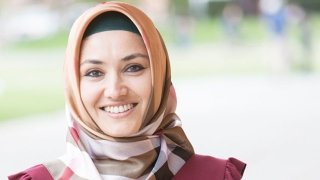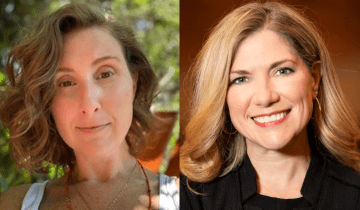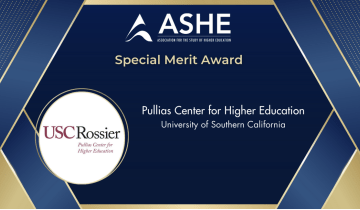Yasemin Copur-Gencturk, an assistant professor of teacher education at USC Rossier, has been named a recipient of the 2018 National Science Foundation CAREER Award.
The award goes to faculty members who are in the early part of their careers, and “who have the potential to serve as academic role models in research and education and to lead advances in the mission of their department or organization,” the foundation says. It is the highest distinction the foundation has for junior faculty.
Awards come with funding for five-year projects that combines aspects of research and teaching; the education division has the lowest proportion of funded projects among disciplines targeted by the NSF. Copur-Gencturk’s proposal has received about $630,000 in funding.
For her project, Copur-Gencturk will examine how new teachers develop their knowledge, using a mixed-methods longitudinal study of 200 first-year elementary and middle school math teachers.
“Little of the current research focuses on understanding how teacher learning occurs,” Copur-Gencturk said. “This project aims to investigate teacher learning systematically.”
Fractions and feedback
The first part of the project has two components. First, Copur-Gencturk will analyze how teachers grow their pedagogical content knowledge over three years, looking primarily at fractions and proportional reasoning. Second, she will select a sub-sample of teachers for classroom observation and instruction using a process called microgenetic design, a method that uses continuous feedback to see how subjects change over time.
At the end of three years, Copur-Gencturk will see whether the results of the sub-sample can be generalized for the larger group.
In the final two years of the project, she will use her research to inform preservice and in-service teaching through USC Rossier’s MAT program.
“Looking across years will help me see who is retaining their knowledge and who is learning over time,” Copur-Gencturk said. “This project is going to help us identify the key learning opportunities for teachers to develop pedagogical content knowledge.”




